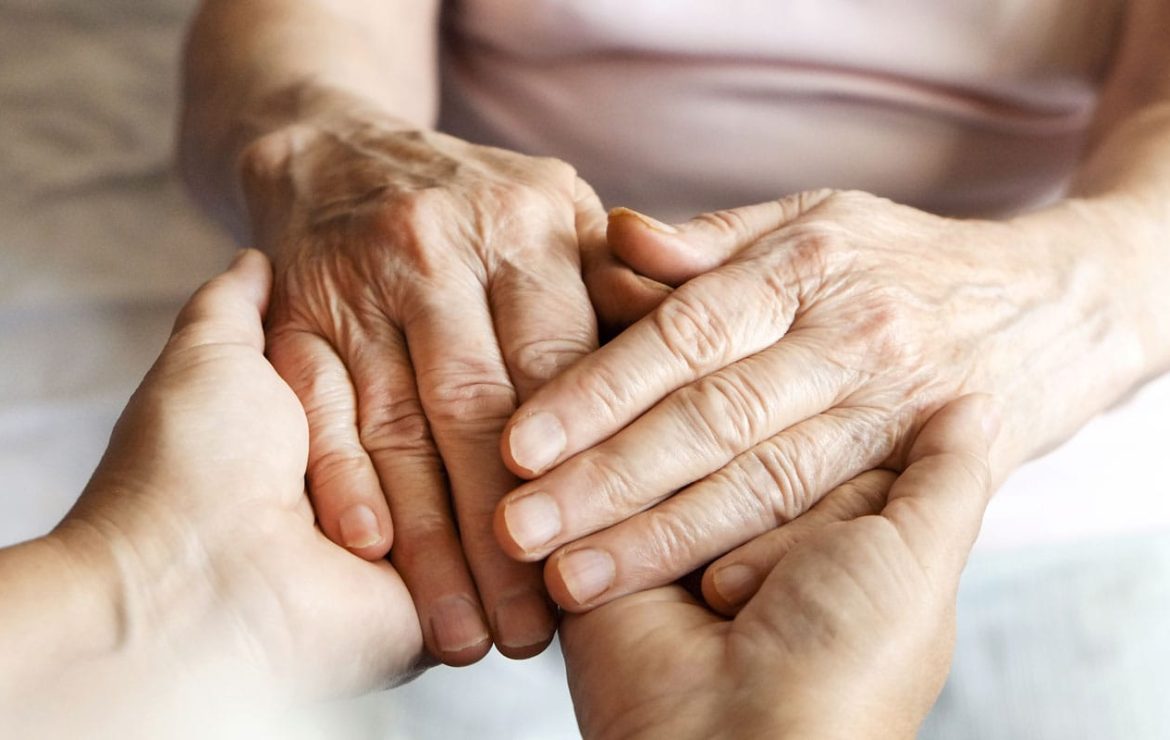The health and well-being of older adults are critical topics requiring special attention due to the physical, psychological, and social changes that accompany ageing. These changes can increase the risk of various health issues, such as chronic diseases, mental health challenges, and social isolation. Addressing these concerns comprehensively can significantly enhance the quality of life for older individuals.
Common Health Challenges in Older Adults
Physical Health Issues:
Chronic Conditions: Diabetes, high blood pressure, heart diseases, osteoporosis, and sensory impairments (vision and hearing loss).
Injuries: Falls and fractures are prevalent due to reduced balance and muscle strength.
Musculoskeletal Disorders: Arthritis, balance issues, and gait disorders.
Respiratory Illnesses: Flu and pneumonia.
Neurological Conditions: Strokes and Parkinson’s disease.
Digestive Issues: Malnutrition, obesity, constipation, and dehydration.
Oral Health: Tooth loss and other dental problems.
Mental and Emotional Health:
Dementia and Alzheimer’s disease.
Depression, anxiety, and sleep disorders.
Social Challenges:
Social isolation and reduced functional capacity.
Essential Steps to Improve Older Adults’ Health
Balanced Nutrition:
As the body’s nutritional needs change with age, maintaining a well-balanced diet becomes essential through the following steps:
Focusing on nutrient-rich foods: Including proteins, vitamins (especially Vitamin D), minerals (like calcium), fibre, and healthy fats such as Omega-3 fatty acids.
Prioritising fresh, whole foods: Vegetables, fruits, whole grains, and fish, while minimising processed foods high in salt, sugar, and unhealthy fats.
Staying hydrated: Regular water intake prevents dehydration.
Opting for smaller, balanced meals throughout the day.
Consulting a nutritionist to create a tailored diet plan.
Physical Activity:
Moderate exercise is crucial for preventing diseases such as heart disease, stroke, and certain cancers, while also improving mental health and cognitive function.
Aerobic Exercises: Activities like walking, swimming, or cycling improve heart and lung health.
Strength Training: Light weightlifting or resistance exercises help maintain muscle mass and ease daily activities.
Balance Exercises: Practices like yoga reduce the risk of falls.
Flexibility Exercises: Stretching prevents injuries and alleviates muscle tension.
However, one must consult a physician before starting a new fitness regimen.
Healthy Sleep Habits:
Sleep patterns often change with age, leading to difficulty falling or staying asleep. Improved sleep quality can be achieved by:
Creating a quiet, comfortable sleep environment.
Using a supportive mattress and avoid heavy meals or caffeine before bedtime.
Establishing a calming bedtime routine, such as reading or taking a warm bath.
Fall and Injury Prevention:
Falls are a significant risk for older adults, often leading to severe complications. Key preventative measures include:
Ensuring a safe living environment: Remove slippery rugs, install grab bars in bathrooms, and maintain good lighting.
Using mobility aids: Walking sticks or comfortable, supportive shoes.
Regular balance and mobility assessments: Consult a specialist for physical therapy or tailored exercises if needed.
Mental Health Support:
Ageing can impact mental well-being due to isolation, lifestyle changes, or the loss of loved ones. Strategies for mental health include:
Staying socially active: Join clubs or community groups and spend time with family and friends.
Engaging in stimulating activities: Reading, puzzles, or learning new skills can boost cognitive health.
Seeking professional help if symptoms of depression, anxiety, or memory issues arise.
Routine Medical Care:
Regular check-ups help detect and manage conditions early, ensuring better treatment outcomes.
Routine Screenings: Schedule routine screenings for chronic diseases, such as diabetes, hypertension, and osteoporosis, as well as mental health assessments like memory tests.
Chronic Disease Management: Regular monitoring and adherence to medical advice are crucial for effectively managing conditions like diabetes, hypertension, and heart disease. Scheduling routine check-ups ensures that these diseases are under control and complications are minimised.
Medication Management: Older adults often rely on medications to treat chronic conditions. To ensure safe and effective use of these medications one must regularly review them with a healthcare professional to avoid interactions or overmedication.
Moreover, one should take medications as prescribed, adhering to the correct dosages and timings and whenever possible involve family members or caregivers to oversee medication schedules, reducing the risk of errors.
Maintaining Oral Health: this can be done through regular dental check-ups and practices such as smoking cessation.
Conclusion
Caring for older adults involves a holistic approach that integrates physical, mental, and social well-being. With the support of family, caregivers, and communities, older adults can enjoy a healthier, more fulfilling life. Promoting awareness and taking proactive measures are the keys to ensuring a positive ageing experience.
By: Dr Badreyya Al-Harmi, Public Health Consultant, Emirates Public Health Association













